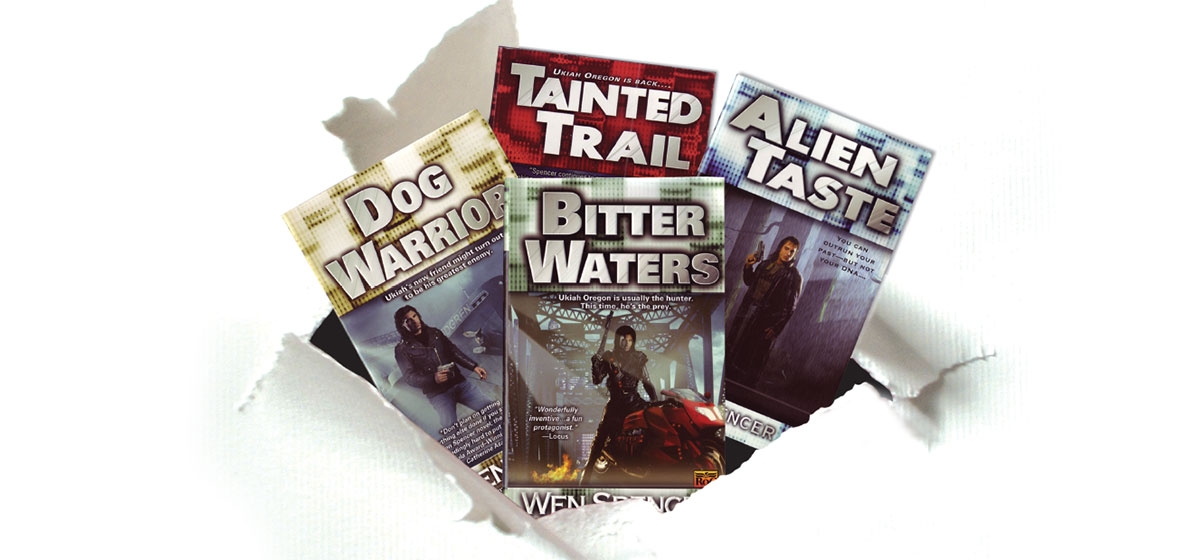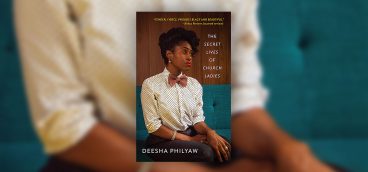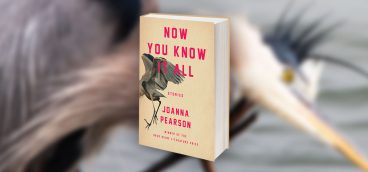Ukiah: In Pittsburgh!

Of the thousands of materials that fill the Pennsylvania Room of the Carnegie Library in Oakland, all are of local interest, being by or about Pennsylvanians. Hundreds of these are works of fiction; nearly a third of which take place in Pittsburgh. A surprisingly high percentage of the same are mysteries.
But only four concern the life and times of an Alien Wolf Boy. These are the Ukiah Oregon books by Evans City native Wen Spencer; a preposterous but entertaining series that places Pittsburgh squarely where it belongs — at the center of the universe in the battle for men’s souls.
Bioethicists may find themselves rethinking their position on hybrid species once they encounter Ukiah, for the unique circumstances of his birth and upbringing have resulted in a nearly perfect individual. Raised by wolves and domesticated by two women, he is sensitive, naïve, trusting, courageous, loyal, handsome, buff and virtually indestructible. He is centuries old, but looks like a teenager. He is at once a lover and a father (to his infant clone, Kittanning), yet still a man-child fiercely protected by his surrogate-father-figure and boss, his lesbian mothers and an entire “Pack” of immortal motorcycle gang members who share his alien DNA. He may even have the ability to cure cancer. Does it really matter so much that he isn’t completely human?
Ukiah has a photographic memory, heightened senses of sight, smell and hearing, and an uncanny ability to identify objects at a cellular level; all of which combine to make him an invaluable asset to the Bennett Detective Agency of Shadyside, where he is employed as a tracker of missing persons. (It also doesn’t hurt that he recovers quickly and completely from injuries of all kinds — even death! — following a couple of hearty meals and a good night’s rest.)
When readers first encounter him, in Alien Taste (2001), Ukiah has been called to Parkview Terrace in Oakland to assist police in locating a berserk woman who has slain her housemates and fled into Schenley Park. Ukiah takes up the scent, little realizing that the trail leads to his own true identity.
The missing woman turns out to have been infected with a virus which is transforming her into a slave of the Ontongard, an intergalactic menace determined to usurp all life forms on Earth. When Ukiah locates her, she recognizes him in a way he fails to understand. “I could feel you coming, like a light moving through the darkness,” she tells him, “you’re one of them.”
Well, yes and no. He too has Ontongard ancestry, but is unknowingly the child of a conscientious mutant and a human host, as well as half-brother to the alien-wolf hybrid Pack, which exists to fight the soulless invaders. However, there is no time to split hairs, for the rapidly morphing Ontongard attacks Ukiah with a ceremonial Japanese sword and he shoots her in self-defense.
When the “dead” woman’s organs reanimate as ferrets in the morgue, killing the coroner, suspicions arise concerning her humanity. However, it is not until Ukiah, himself, has reabsorbed a couple of mice with collective Pack memories that he draws a connection between the killer and himself. “I’m not human,” he realizes. “If I’m not human, what am I?”
From then on, what emerges as the central theme of the series, stripped of UFOlogical mumbo-jumbo, is that of a boy’s journey into manhood; a quest of self-discovery amidst a struggle for world domination.
What could be more classic? This is not great literature, nor does it pretend to be. It is mass-market fiction for popular consumption, and appeals to a broad base no less hybrid than its hero; combining elements from the genres of detective fiction, fantasy, horror, and science fiction, with heavy doses of Manga-style violence, a smattering of humor and a soupçon of sex.
But at heart it is a romance, a tale of extraordinary events characterized by imagination and idealization.
It may not be The Lord of the Rings, but it has much in common with say, Star Wars, including high-tech gadgetry and a plethora of colorful characters. There are no Wookiees, Ewoks or mincing droids, but in their place are numerous unconventional and comic humans. Bridget, a bisexual hypnotist, lives in Fox Chapel with her businessman husband and Wiccan wife. Murray, the obnoxious biker known as Mouthpiece, is a “onetime lawyer, public defender, now Pack member … going from one necessary evil to another.” There are some truly exciting action sequences, like the high-speed boat chase on the Allegheny River; and some ludicrous ones, like that in which a female investigator pursues a kidnapper across the manicured lawns of west Shadyside wearing nothing but a T-shirt, panties and a gun.
As with the Star Wars saga, each successive volume reveals more of Ukiah’s past (eventually stretching through eons), more Ontongard resources, and more plot twists enhancing the central idea. The second installment, Tainted Trail (2002), is essentially a prequel, in which Ukiah returns to the Northwest wilderness for which he is named, and recovers the memory of his earlier lives. Back in Pittsburgh in Bitter Waters (2003), he crosses paths with a fanatical religious cult which mistakes the Ontongard for biblical nephilim — half-breed fallen angels — and threatens all humanity in its desire to precipitate an apocalyptic cleansing. Dog Warrior (2004) introduces the brother/clone Atticus, whose unhappy upbringing has produced a less trusting, but no less virtuous variation of Ukiah.
Throughout the series the author employs numerous images of the wolf — well known to aficionados of fantasy — to great effect. The big bad wolves of fairy tales are represented by the menacing and violent Pack. The lone wolf image suits the separateness of a partial alien among humans. Ukiah himself possesses the virtues associated with the loyal domesticated wolves studied by his Mom Jo, as well as those revered for their nobility in the Native-American culture of his birth mother. (Indeed, the creation myth of the Menomi tribe describes the first man as the twin of a wolf.)
These references might easily be overlooked at no great cost by readers focused on the action-adventure aspects of the story, but if one is tracking them like a good detective or a hound of the genus Canis, they begin to add up.
Digging deeper, more obscure allusions are revealed: Ukiah’s repeated returns from the dead recall Fenrir, the consuming wolf associated with regeneration in Norse mythology; both Ukiah and his “brother” have mates of East Asian extraction, the region in which dogs first evolved from wolves; a “wolf” is the musical term for a discordant tone like that programmed to destroy an Ontongard ship on Mars.
When Joachim Wolf, the real-life author of a theory of quantum metaphysics, is referenced in volume four, we find the proverbial buried bone: Ukiah is a Christlike figure; a manifestation of the Überbeing that forms the mutual basis of science and religion.
Despite the recurring atrocities that propel the action — including rape, torture, and dismemberment — the fundamental message of the series is that of inclusion and acceptance. Science and religion are not mutually exclusive. Marriage and family are not narrowly defined institutions. Love accepts all things, forgives all things, believes all things. Ukiah is blessed with a wide and unusually diverse circle of family and friends, not one of whom looks askance at him upon learning that he is a self-described “genetic mishmash from an alien mutant.” Quite the contrary. “Everyone has quirks,” his boss reassures him, “You are what you’ve always been, a good, honest, loving person … I’ve always been proud of you and there’s no one on this planet I trust more.”
In fact, Ukiah’s loved ones are so convinced of his essential humanity that they close ranks to protect his identity, and take up the fight against the Ontongard. Even no-nonsense Special Agent Indigo Zheng is prepared to ignore her professional allegiance and falsify official reports in order to protect her lover.
“I don’t care what you are,” she tells him, “I love you.”
As it turns out, they need hardly have gone to the trouble of sheltering Ukiah, for the U.S. government is so busy with other matters that the struggle for control of Earth goes largely unnoticed. Not only are the Feds not hunting aliens, they apparently have no idea that they have been in our midst throughout our national history. Criminals on the FBI’s Most Wanted List pass unchecked through airport security. Weapons of mass destruction, the deadly Ae of the Ontongard, are hidden in an underground storage facility that houses government documents! Clearly, the salvation of earthlings depends on Ukiah and his rainbow coalition, and I for one am pulling for them.





